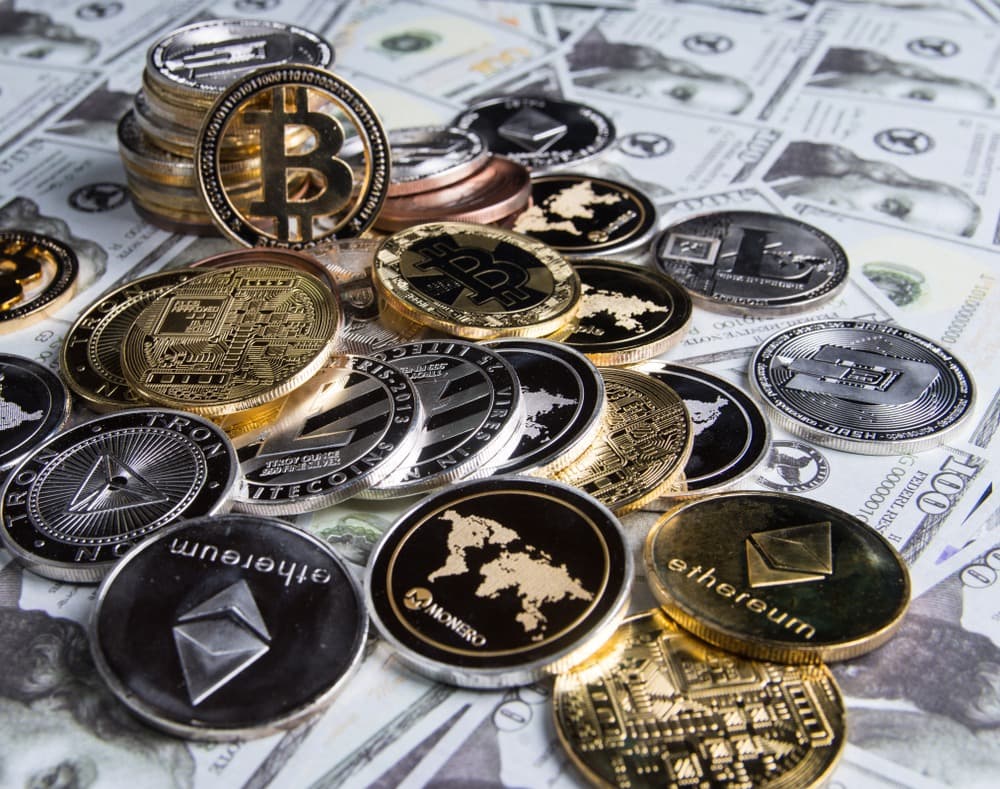From the creators of The Daily Reckoning, I.O.U.S.A, Empire of Debt and The Daily Missive
















From the creators of The Daily Reckoning, I.O.U.S.A, Empire of Debt and The Daily Missive

















March 2, 2026 • Addison Wiggin
The global economy still runs through pipes, ports and chokepoints.
The Gulf remains the hinge between old energy and new industry.
Data centers need power. AI needs a stable infrastructure. The dollar system still prefers secure shipping lanes and orderly settlement.
Washington wants the Gulf calm enough to keep that architecture standing while the next layer of digital finance gets argued over in committee rooms and bank lobbies. Riyadh wants security, leverage and a larger chair at the table when the AI buildout starts choosing permanent winners.

February 27, 2026 • Andrew Packer

February 26, 2026 • Andrew Packer

March 2, 2026 • Addison Wiggin
Markets go through many Grey Swan cycles – moves that are rare, but forecastable.
Events unfolding in the Middle East fit a pattern… an 11-year cycle tied to sunspot activity.

February 27, 2026 • Addison Wiggin

February 26, 2026 • Addison Wiggin
February 25, 2026 • Addison Wiggin
China’s gold reserves have more than tripled since 2022, while the U.S. Treasury holdings have declined. The metal is rising as central banks’ sovereign bond exposure falls globally.
Capital continues to be repositioned between a Western debt-based system and an Eastern resource-based accumulation.
February 24, 2026 • Addison Wiggin
The stock market “rebalancing” is a polite way to put it. Energy and health care are getting a healthy boost. But tech hardware and software makers are still getting dressed down and have been asked to report to the principal’s office.
The great rotation underway has triggered a series of “Hindenburg Omens.” Five have occurred in recent weeks.
February 23, 2026 • Addison Wiggin
The S&P 500 has traded in a 3.7% range over the past two months — less than half the 20-year median of 8.6%. One of the tightest ranges in modern history.
In trader parlance, the indexes are “flat,” a setup that often materializes before a sell-off at the top after a multi-year bull market.
Goldman Sachs told its own traders to be aware that institutional trading activity resembles a VIX reading near 35. Rather than a reading of 20, where the VIX has been trading over that same 2-month period.
The U.S. software ETF, IGV, tested its April 2025 lows last week and trades roughly 35% below its peak. The “SaaS-pocalypse” in software companies reflects the fear of Citrini’s 2028 scenario happening in real time. That divergence now exceeds the spread seen at the peak of the Great Financial Crisis.
Under the surface, the “great rotation” we wrote about last week is threatening to widen.
February 23, 2026 • Addison Wiggin
Despite its overly-educated 40-million-plus population, on a GDP per capita basis Canada is null. Collectively, the Great White North would rank as America’s second-lowest state, coming in above Mississippi, but below Alabama.
February 20, 2026 • Addison Wiggin
SpaceX is the most valuable private startup in history — and if its success continues, it might become the most valuable public company in history.
After all, as Musk famously said in 2023, “I have never lost money for those who invest in me and I am not starting now.”
For investors, SpaceX has been a wild, joyful ride — and now the journey continues!
February 20, 2026 • Addison Wiggin
The Supreme Court voted 6–3 to block President Trump’s use of the International Emergency Economic Powers Act to impose his “Liberation Day” tariffs.
Chief Justice John Roberts wrote that the Constitution grants tariff authority to Congress alone. Justices Thomas, Alito, and Kavanaugh dissented.
The case centered on Trump’s 10% global tariff and the higher reciprocal tariffs layered on select trading partners. Oral arguments were heard in November. The Court concluded that IEEPA did not authorize such broad tariff power.
A concurrent research paper from the New York Fed concluded that American consumers bear most of the tariff cost.

February 20, 2026 • Addison Wiggin
Early February brought a sharp sell-off in SaaS and AI infrastructure names. Some high-growth software stocks fell as much as 80% from prior peaks.
Retail investors, duly trained by Wall Street’s sell-side, stepped in “buy the dip” in “software as a service” (SaaS).

February 19, 2026 • Addison Wiggin
According to Global Markets Investor, U.S. dominance peaked in late 2024. The relative line has trended downward for fifteen months. Leadership has dispersed. Even though we’ve been writing about the alarming, historic, high concentration in the Mag 7 at the very top of the indexes, large amounts of capital moved before the financial media headlines caught up.

February 19, 2026 • Addison Wiggin
The “real” annual return on bonds – net of inflation – is 2%. That’s before high transaction costs to buy and sell bonds or paying taxes on your bond income.
The return for investors, even for a safe-haven investment, is too low. Bonds will only assert their vestigial “safe-haven” status if there’s a stock market crash. (At that point, trust in everything else will have disappeared.)

February 18, 2026 • Addison Wiggin
U.S. aircraft carriers and air defense systems continue arriving in the Gulf. Iran conducted drills that briefly disrupted traffic in the Strait of Hormuz and warned of retaliation for any strike.